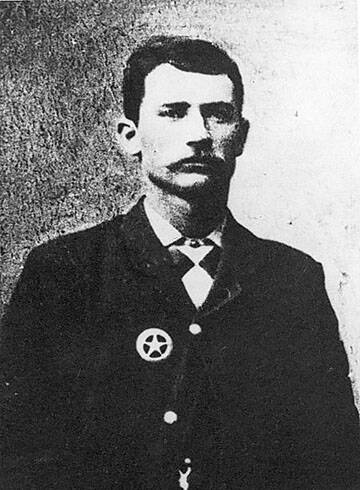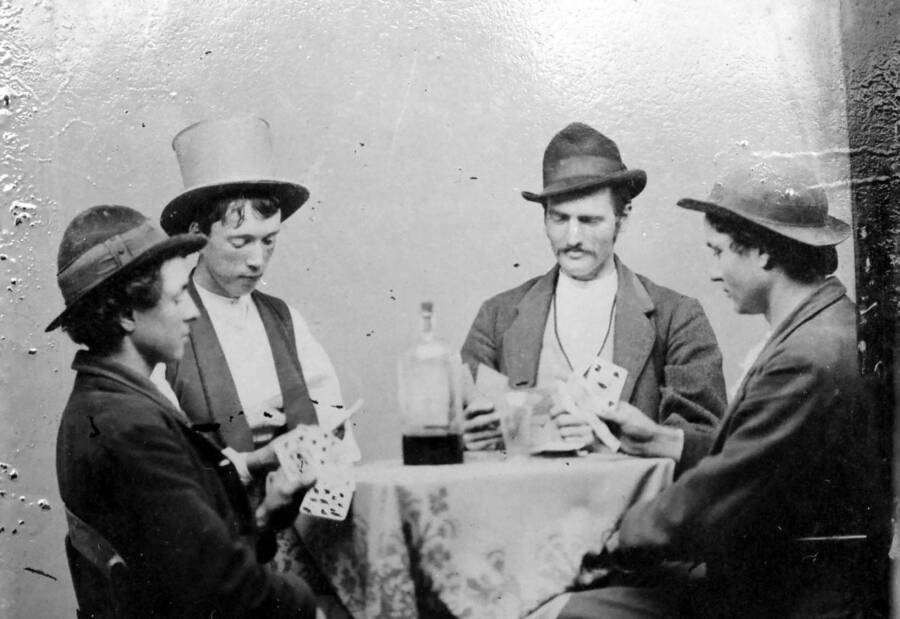Henry Newton Brown, The Wild West Outlaw Turned Lawman Turned Outlaw Once Again

Public DomainHenry Newton Brown was both an outlaw and a Wild West lawman at different points during his life.
Perhaps no one exemplifies the blurred lines between a Wild West lawman and an outlaw quite like Henry Newton Brown.
Born in 1857 and raised in Rolla, Missouri, Brown was orphaned at a young age and raised by relatives. By age 17, he had ventured westward, working as a cowboy and buffalo hunter across Colorado and Texas, according to Legends of America. An altercation in Texas, which resulted in Brown killing a man, ultimately prompted him to move to New Mexico.
In New Mexico, Brown became embroiled in the infamous Lincoln County War and aligned himself with the Regulators — a group that also included the notorious outlaw Billy the Kid. The Regulators primarily focused on avenging the death of a rancher named John Tunstall, which prompted a series of violent confrontations that Brown participated in.

Bill Waterson/Alamy Stock PhotoA photograph allegedly showing Richard “Dick” Brewer, Billy the Kid, Frederick Tecumseh Waite, and Henry Newton Brown playing cards, although the authenticity of this image remains hotly debated.
After the dust had settled, Brown once again sought to move into new territory. This time, he drifted through Texas and Oklahoma until he wound up in Caldwell, Kansas, a rowdy cowtown in need of a firm hand.
Brown’s hand, if needed, could be firm.
In 1882, he was appointed assistant marshal and then later promoted to marshal, swiftly earning the respect of the townspeople as he helped curb lawlessness, sometimes even shooting outlaws in the streets. As a token of appreciation from the locals, he was gifted a Winchester rifle.
The problem was, a man could make more money breaking the law than enforcing it — and Brown couldn’t resist the allure of a fortune, especially since he had secretly been living beyond his means.
On April 30, 1884, Brown and his deputy Ben Wheeler, along with two other accomplices, attempted to rob the Medicine Lodge bank in Kansas. The heist went awry, however, and resulted in the deaths of bank employees E.W. Payne and George Geppert. Brown and his gang fled after their robbery failed, but they were soon captured by another posse and thrown in jail.
Not content to let Brown and his cohorts be, an enraged mob stormed the jail, and while Brown attempted to flee the scene, he was shot and killed. The remaining gang members, meanwhile, were hanged.





